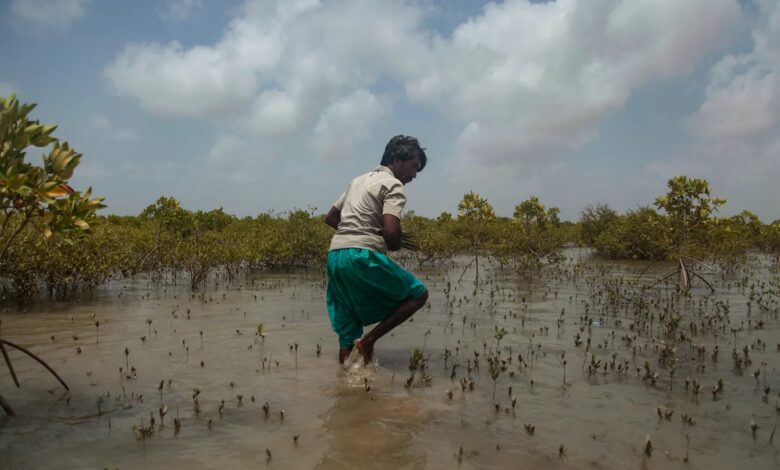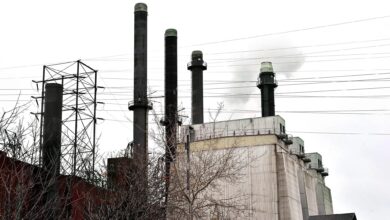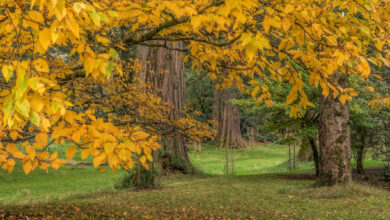
A worker harvests mangrove "propagules" from a forest planted five years ago in the Indus River Delta in southern Pakistan. A propagule is basically a spear-shaped baby tree that drops off the mama tree. They're harvested and planted elsewhere as workers undertake one of the largest mangrove forestation efforts in the world – a project that will take years and cost millions. Photo Credit: Diaa Hadid/NPR
Environment PakistanMassive Restoration for the Sake of the Climate
A mangrove restoration project in Pakistan is expected to curb storms and absorb nearly 142 million tons of carbon dioxide over the next sixty years.
The project, located in Pakistan’s Indus River Delta, is nearly the size of the state of Rhode Island and is considered to be one of the largest mangrove restoration projects in the world. Mangrove trees are particularly effective at removing carbon dioxide from the atmopshere, thus decreasing global warming.
Mangroves in the Indus River Delta are also particularly useful in minimizing the impact of cyclones and heavy storms, providing a necessary buffer that helps protect local communities. The vast scale of this restoration project means it will take time and cost millions for the myriad of benefits to ensue. Delta Blue Carbon has funded much of the project by selling mangrove carbon dioxide removal services as credits to mass polluting companies.



